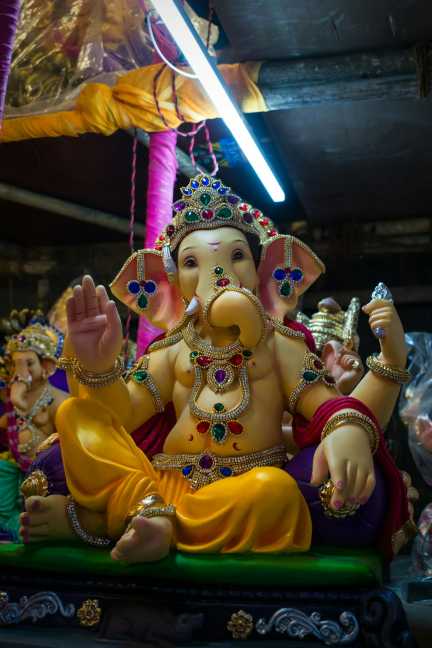Ramadan is the ninth month of the Islamic lunar calendar and holds significant importance in the religion of Islam. It is a month of fasting, prayer, reflection, and community for Muslims around the world. During this month, Muslims fast from dawn until sunset, refraining from food, drink, smoking, and intimate relations. This act of fasting is a spiritual practice that helps Muslims to focus on their faith, practice self-discipline, and empathize with those less fortunate.
The significance of Ramadan in Islam goes beyond just abstaining from physical needs. It is a time for Muslims to engage in spiritual reflection, increase their worship, and seek forgiveness for their sins. The Quran, the holy book of Islam, was revealed during the month of Ramadan, making it a particularly auspicious time for Muslims to seek guidance and deepen their faith.
The act of fasting during Ramadan is one of the Five Pillars of Islam, which are the core beliefs and practices that all Muslims are required to follow. Fasting is not just about abstaining from food and drink, but also about controlling one’s desires and practicing self-restraint. By abstaining from food and drink during the daylight hours, Muslims are reminded of their dependence on Allah and are encouraged to develop empathy for those who are less fortunate and go hungry every day.
Ramadan is also a time for Muslims to increase their worship and prayer. The night prayers during Ramadan, called Taraweeh, are a special time for Muslims to seek forgiveness, blessings, and guidance from Allah. These prayers are performed in congregation at mosques and are an important part of the spiritual practice of Ramadan.
Another important aspect of Ramadan is giving to charity. Muslims are encouraged to give to those in need during the month of Ramadan, as it is a time for generosity and sharing blessings with others. This act of giving is known as Zakat, and it is one of the Five Pillars of Islam. By giving to those less fortunate, Muslims are fulfilling their duty to help those in need and practicing the values of compassion and kindness that are central to Islam.
Ramadan is also a time for community and fellowship. Muslims come together for iftar, the evening meal that breaks the fast, and engage in prayers, Quran recitation, and acts of worship together. The sense of togetherness and unity that is fostered during Ramadan is a reflection of the community spirit that is central to Islam.
As the month of Ramadan comes to a close, Muslims celebrate Eid al-Fitr, the festival of breaking the fast. This joyous occasion is a time for Muslims to come together, celebrate the end of Ramadan, and give thanks for the blessings they have received during the month.
In conclusion, Ramadan holds great significance in Islam as a time for spiritual reflection, worship, community, and giving. Muslims around the world come together during this month to deepen their faith, seek forgiveness, and practice self-discipline. By understanding the significance of Ramadan in Islam, we can gain a greater appreciation for the values and practices that are central to this important month in the Islamic calendar.

